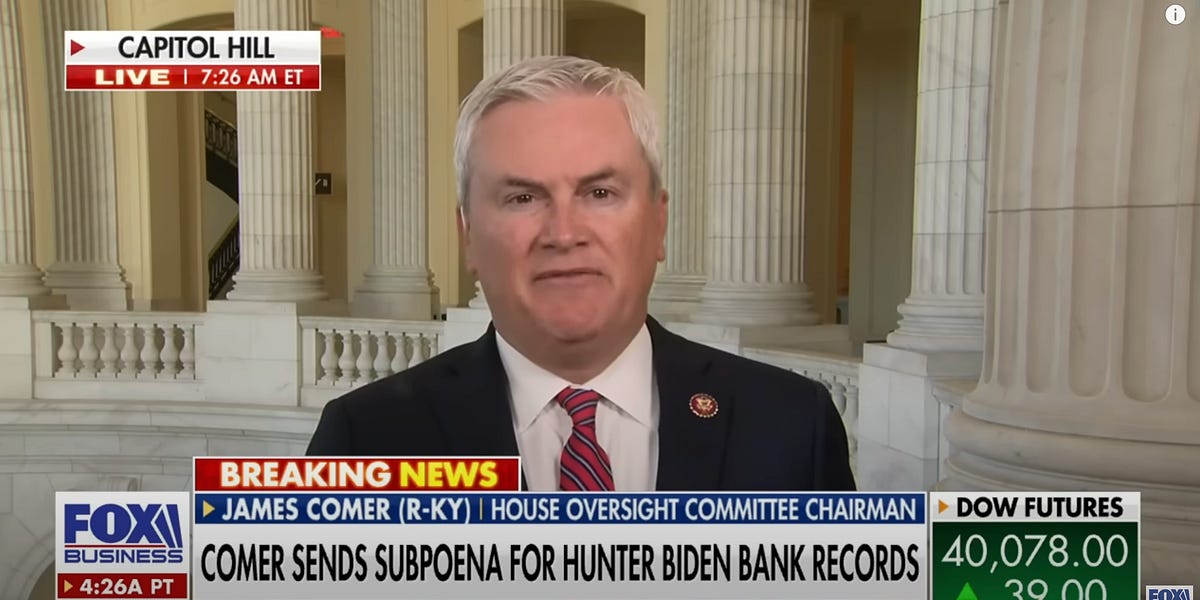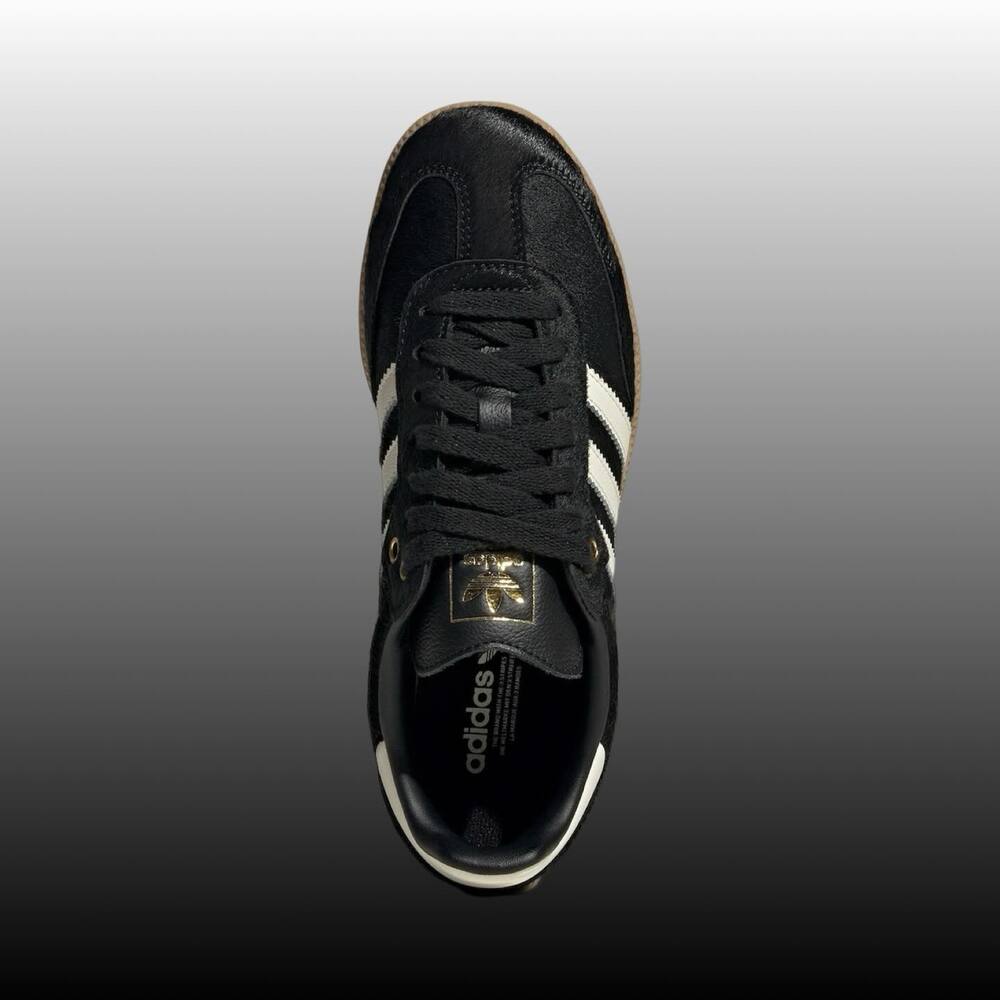
U.S. manufacturers are confronting a more daunting tangle of obstacles than they’ve faced in a generation, including rising inflation, continued supply-chain disruptions, worsening labor shortages, potential energy shortfalls, and political dysfunction in Washington that makes it all worse.
Yet as about 300 CEOs and other leaders of manufacturing companies gathered this week in Detroit for the Chief Executive 2022 Smart Manufacturing Summit, sponsored by the Michigan Economic Development Corporation (MEDC), they rallied around reasons for optimism and examples for inspiration.
Speakers and panelists shared keys to success and ideas for best practices, and the manufacturing CEOs left with rational hopes and effective tools for their challenging journeys. They toured the revolutionary plant in nearby Dearborn where Ford is building the F-150 Lightning all-electric pickup truck, learned hacks for supply-chain management and 3D printing, and studied models for culture-building and brand-building. These American manufacturing chiefs also swapped gripes and tips with one another in a series of breakout roundtable discussions.

“Yet we need to challenge ourselves in being uncomfortable. That drives change, and learning. We need to embrace it and face it. So we can’t help but be excited by it at the same time. We’ve got so much going on, there’s not time to think about it!”
In fact, she said, “We expect to be leading the EV revolution. The industry is changing fast, and technology is moving quickly, and that forces us to be nimble and adapt.” And the transformation affects not only vehicle development and production but also sales, marketing and other activities.
“It’s about transforming our customer experience with new products, connectivity and technology, generating deep loyalty and creating value through our focus on quality,” Manzano said.
Tom Kelly, executive director and CEO of Automation Alley in suburban Detroit, urged attendees to lean into what’s become known as Industry 4.0, a sort of fourth industrial revolution that features additive manufacturing, IoT, robotics, cloud computing, big data and cybersecurity.
Kelly’s organization of manufacturers in Michigan has done just that, by purchasing 300 carbon-fiber printers “and distributing them all to small manufacturers to see what happened,” he said. “The results have been extraordinary,” with several members figuring out how to design and duplicate components reliably for a variety of purposes at dramatically reduced costs and greatly enhanced reliability.
Corey Stowell told the summit how his company, Webasto Roof Systems, shook off a sullen corporate culture by digging deep to listen to employees and their concerns, coming up with a democratically influenced set of workplace values, and emphasizing a sense of recognition as well as belonging. The maker of automotive sunroof shot up from terrible employee-satisfaction scores to record levels in just a few years.
“Now we’re the subject of Harvard Business School case studies and became a ‘best place to work’ for many years in a row,” said the CHRO for the U.S. arm of a German company. “We went from an organization that had a lot of fear and mistrust to one that had engaged and motivated employees.”
At a roundtable of manufacturing chiefs discussing the talent equation, Quentin Messer, CEO and president of MEDC, talked about three “big-picture” things he sees Michigan manufacturers doing. “Particularly with mid-size companies,” he said, “we’re seeing them reach out to state actors, such as workforce-development boards,” for help. “Companies are getting more creative in telling their own stories; they want to bring ‘sexy’ back to manufacturing. And they are taking advantage of the opportunities to create lifelong learners” in their workforces. “They’re becoming comfortable again with vocational ed.”
Toyota has been handling auto-industry supply-chain woes better than its major rivals, and it’s because the company has stuck with its legendary “just-in-time” philosophy rather than abandoning it for a “just-in-case” approach in the wake of the microchip shortage, said Jeff Liker, a University of Michigan professor, consultant, and author of The Toyota Way.
“Their [supply-chain] principles are timeless, from their point of view,” Liker said. “They don’t change them often or quickly to deal with specific problems. This is the Toyota way, not your way, and not the ‘lean way.’ … Their genera philosophy is to develop standards for normal operating procedures and respond to specific disruptions on a one-off basis, then reflect and learn lessons from that major crisis that then become part of their normal operating procedures.”
Shinola CEO Shannon Washburn told the Chief Executive 2022 Smart Manufacturing Summit that manufacturers can build their own brands, whether they produce consumer goods or even in the B2B arena. The company makes its watches and bicycles in Detroit and plumbs relationships with each individual employee for ideas about how to improve processes and even extend the brand.
“We celebrate our team members in manufacturing, give them opportunities,” she said. “They’re learning new skills as we develop new launches, and it’s about education and letting them show their strength.”







































































